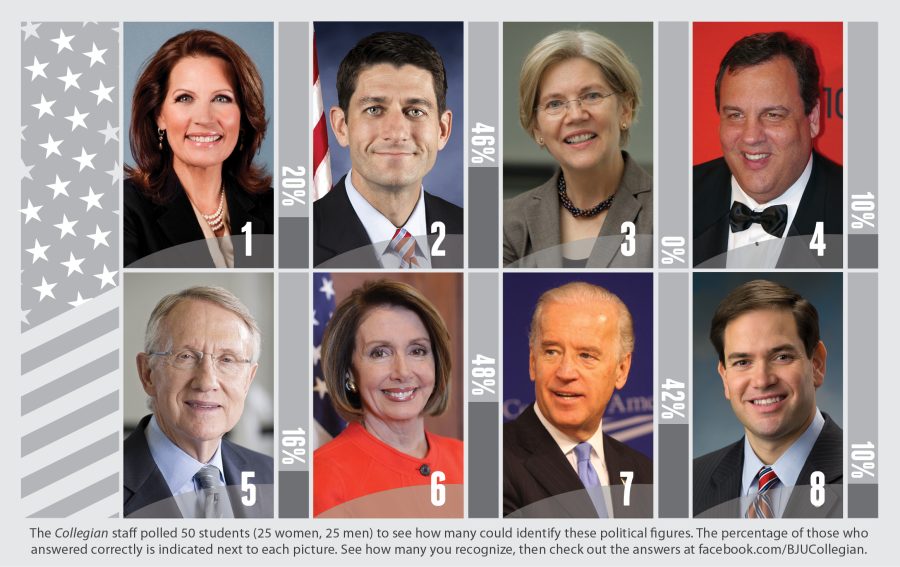In 53 days Americans will be flexing their Constitutional muscle by deciding whether or not there will be a new president.
Election Day 2012 is Nov. 6, and it will be the first time many in the student body will be eligible to vote for a presidential candidate.
“Voting makes me feel like part of the political process,” said first-time voter Carrie Jacques, a junior history major. “It’s important because our founding fathers wanted to let the people decide our leaders.”
Casting a ballot goes beyond just a civil liberty for political science professor Mrs. Linda Abrams. “Biblically, God puts us into a system of government and we’re expected to be good citizens—and in our system, voting is part of that,” Mrs. Abrams said.
Mrs. Abrams said knowing about the political system is part of being a good steward of what God has given to us. “We have to care enough to vote,” she said.
Before students go to vote, however, they must first be a registered voter.
To register to vote, students will need to go through the procedures their states have in place.
The Office of Student Services has put a page on the intranet detailing how students can register in their home state. To access this page, click on the “Student Services” link in the left sidebar. Once on the Student Services site, search for “voter registration.”
After registering to vote, students who live outside the Greenville area must request an absentee ballot by mail. The process of requesting an absentee ballot also varies by state.
Mrs. Abrams said most states allow for absentee ballot requests 60 days before the election, but it’s important for students to check their state regulations. The time to request an absentee ballot is running short. “It needs to be done right away,” Mrs. Abrams said.
Deciding whom to vote for is the next step in the election process. Mrs. Abrams said there are some biblical principles that can be applied to choosing a candidate to support. “Somebody who is just, somebody who is fair, somebody who is honest: those are all characteristics that you look at,” she said.
Being an informed voter is another key aspect of the voting process, according to journalism and mass communication professor Dr. Heidi Campbell, who teaches Media and Politics.
Dr. Campbell believes that part of the Christian duty of being salt and light to the world is preserving Christian values. Therefore, Christians should be informed on which candidate will best protect those values. We must not blindly make decisions that could have lasting effects on our nation and our civil liberties, she said.
Dr. Campbell said a good way to become informed is to check candidates’ websites to find out where they stand on certain issues.
Using a voter guide, like that prepared by the Christian Coalition, is a way to compare and contrast where candidates stand on issues. Many of these guides can be found online by doing a web search for voter guides for individual states.
If a candidate has been in politics before and has a voting record, paying attention to that voting record is another way to learn about him or her, Dr. Campbell said.
She pointed out that candidates can legitimately change their positions, but position changes should be a red flag.
“That should at least give you pause to consider maybe there is more here that I need to look into,” Dr. Campbell said.

























































